Being an ordinary Russian may not be very happy these days. On the other hand, at least they don't have to fear for their lives completely from the Ukrainians. Russia itself blocks them from services that do not identify with its invasion of Ukraine, just as many others limit their options in order to create pressure on the Russian population.
Services blocked by Russia
Only on March 14, as one of the last platforms, Russia blocked Instagram. It is blocked because the Russian censorship agency Roskomnadzor does not like how the operator controls the moderators on the network, and also that it allows calls for violence against Russian soldiers and state officials.
The blocking of Facebook, i.e. also the Meta company's services, took place already on March 4. The Russian censorship authority did so because of dissatisfaction with the information that appeared on the network regarding the invasion of Ukraine, but also because Facebook allegedly discriminated against Russian media (which is true, because it cut off RT or Sputnik in the entire territory of the EU). WhatsApp, Meta's other service, is up and running for now, although the question is how much longer it will be. It is also possible to share information that the censorship office may not like.
Of course, the way Twitter showed footage from the war didn't sit well with Russian propaganda either, because it allegedly shows false facts (such as hired actors in military uniforms, etc.). Shortly after access to Facebook was blocked, Twitter was also cut off on the same day.
YouTube
To top it off, on Friday, March 4, Russia also blocked YouTube for the exact same reason as Twitter. However, he initially cut off Russia from monetization functions.
It could be interest you
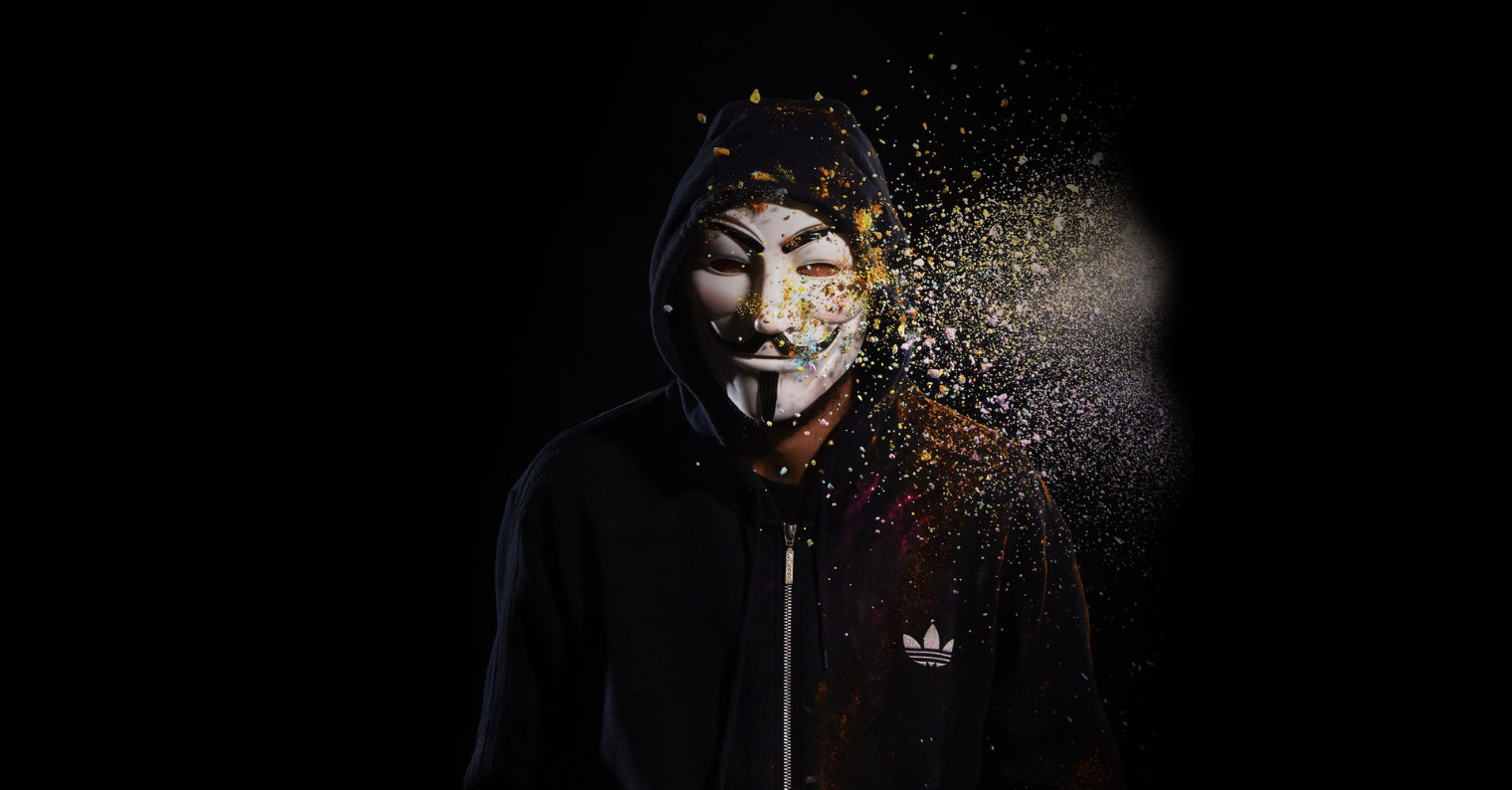
Services limiting their activity in Russia
TikTok
The Chinese company ByteDance has banned Russian users of the platform from uploading new content or hosting live broadcasts to the network. But it is not due to pressure, but rather out of concern for Russian users. The Russian president has signed a law regarding fake news, which provides for up to 15 years in prison. Thus, TikTok does not want its users to be potentially threatened by their reckless expression published on the network and subsequently prosecuted and judged. After all, even the company itself does not know if the law does not also affect it, as a distributor of similar opinions.
Netflix
The leader in the field of VOD services has suspended all its services throughout the territory. This shows his disapproval of the invasion of Ukraine. Apart from that, the company terminated all projects that were ongoing in Russia.
Spotify
The music streaming leader has also scaled back its operations, though not as strictly as its video counterpart. So far, he has only blocked paid services within the Premium subscription.
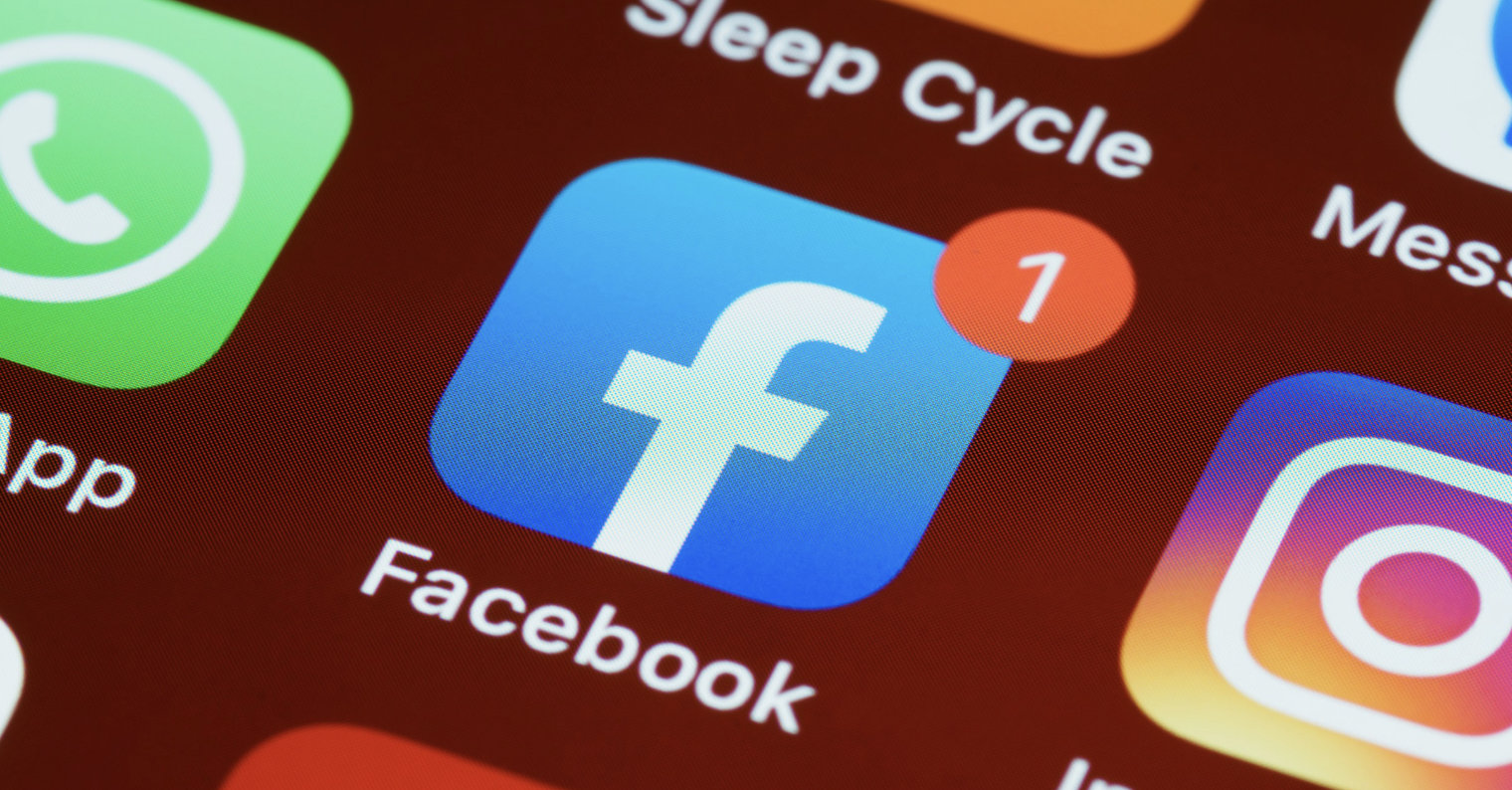


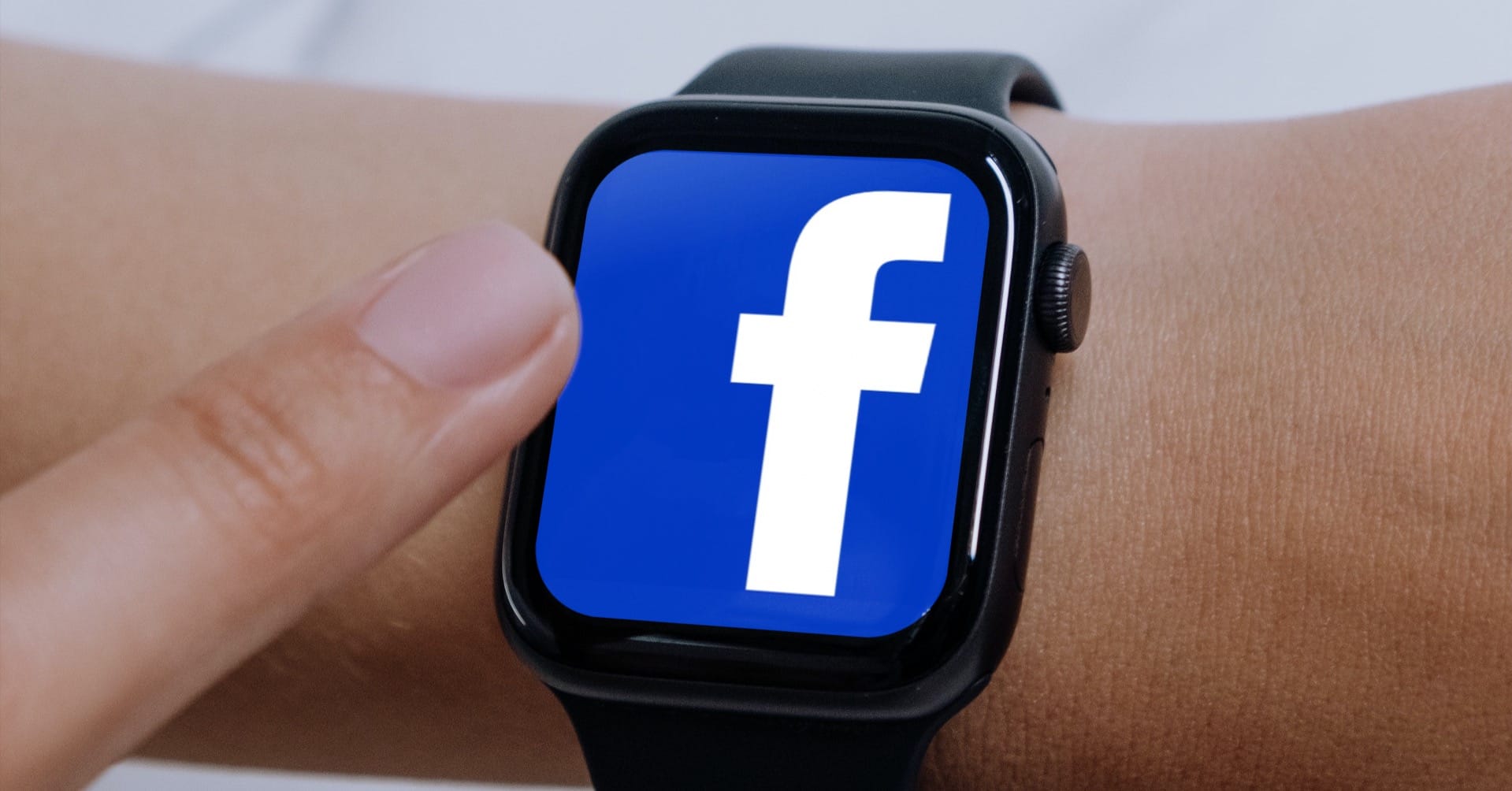

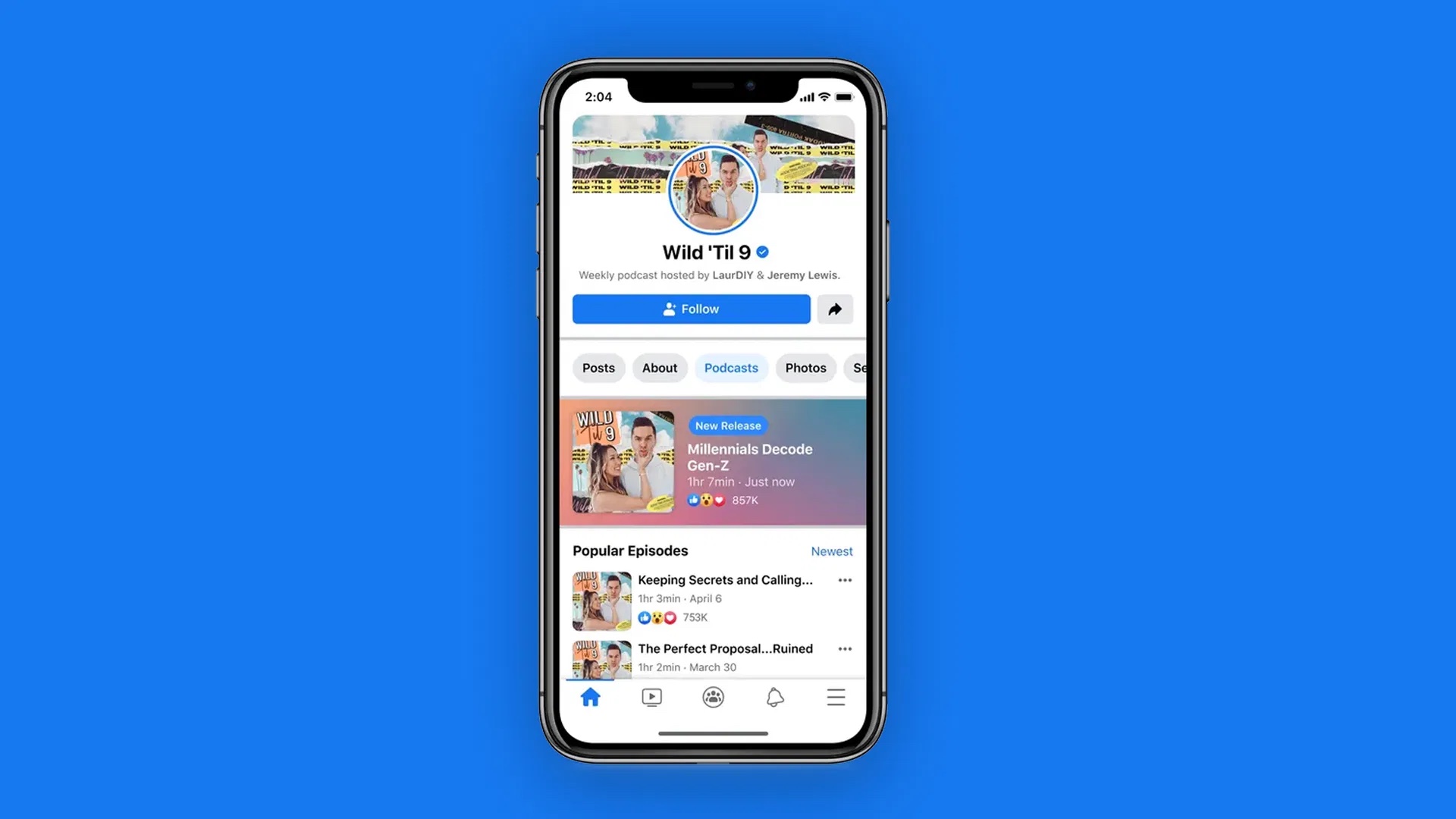

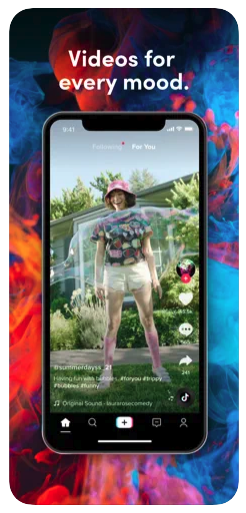












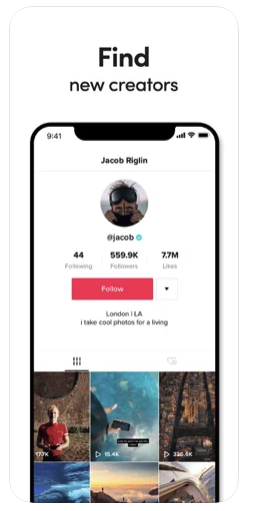
TikTok is rather under the influence of the Putin regime and has limited its "services" so that what the Putin regime does not want can be spread through it...